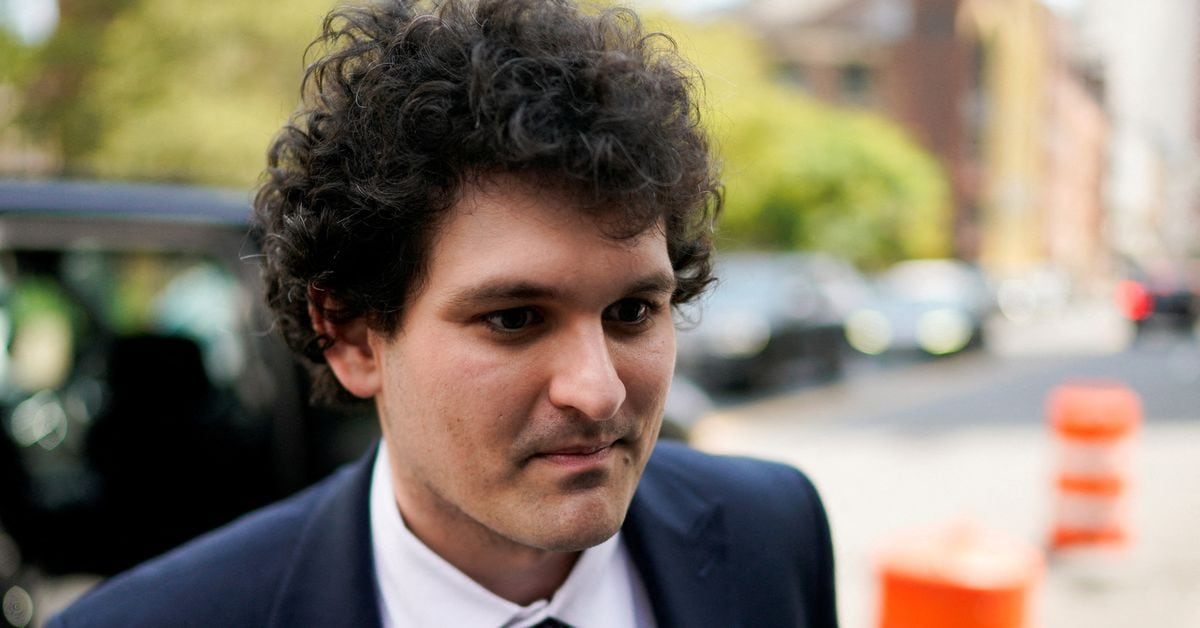
The criminal trial of Sam Bankman-Fried, the founder of cryptocurrency exchange FTX, is currently underway in Manhattan. Bankman-Fried is facing charges of fraud and conspiracy related to the collapse of FTX last year. Prosecutors allege that Bankman-Fried embezzled money from FTX depositors, leading to the exchange’s downfall as cryptocurrency prices plummeted. However, Bankman-Fried and his lawyers argue that he believed FTX could invest customers’ money as long as they could still withdraw it, and that he was unaware of actions taken by his colleagues that jeopardized the availability of funds.
The trial will involve a federal jury weighing these opposing narratives before determining Bankman-Fried’s guilt or innocence. A conviction would mark a significant fall from grace for the 31-year-old former billionaire, who gained prominence during the meteoric rise of cryptocurrency values. Bankman-Fried positioned himself as a responsible figure in the industry, endorsing FTX as a safe platform and pledging to give away most of his wealth to philanthropic causes.
The collapse of FTX came after news outlet CoinDesk published an Alameda balance sheet showing that the fund was heavily exposed to FTT, a token issued by FTX. This led to a wave of customer withdrawals that the exchange could not recover from. Bankman-Fried is accused of using FTX deposits to plug losses at Alameda, purchase luxury real estate, and donate to political campaigns promoting crypto-friendly legislation.
Bankman-Fried has admitted to inadequate risk management but denies stealing funds. He intended to testify before Congress in December 2022 and explain his mistakes, but he was arrested before he could do so. His lawyers argue that he believed he was acting in accordance with FTX’s terms of service and the law. To secure a conviction, prosecutors must show that Bankman-Fried intentionally committed a crime.
To support their case, prosecutors plan to call three former members of Bankman-Fried’s inner circle who have pleaded guilty and agreed to cooperate: former Alameda CEO Caroline Ellison, former FTX technology chief Gary Wang, and former engineering chief Nishad Singh. Bankman-Fried’s defense lawyers plan to challenge the credibility of these witnesses and argue that their client’s mistakes in running his business, not a deliberate fraud scheme, led to customers’ inability to withdraw funds.
The trial will shed light on the extent of Bankman-Fried’s knowledge and involvement in the collapse of FTX. Experts suggest that the key question is when he knew that there was not enough money to cover customer deposits. The outcome of the trial will have significant implications for Bankman-Fried and could influence perceptions of responsibility and accountability within the cryptocurrency industry.






